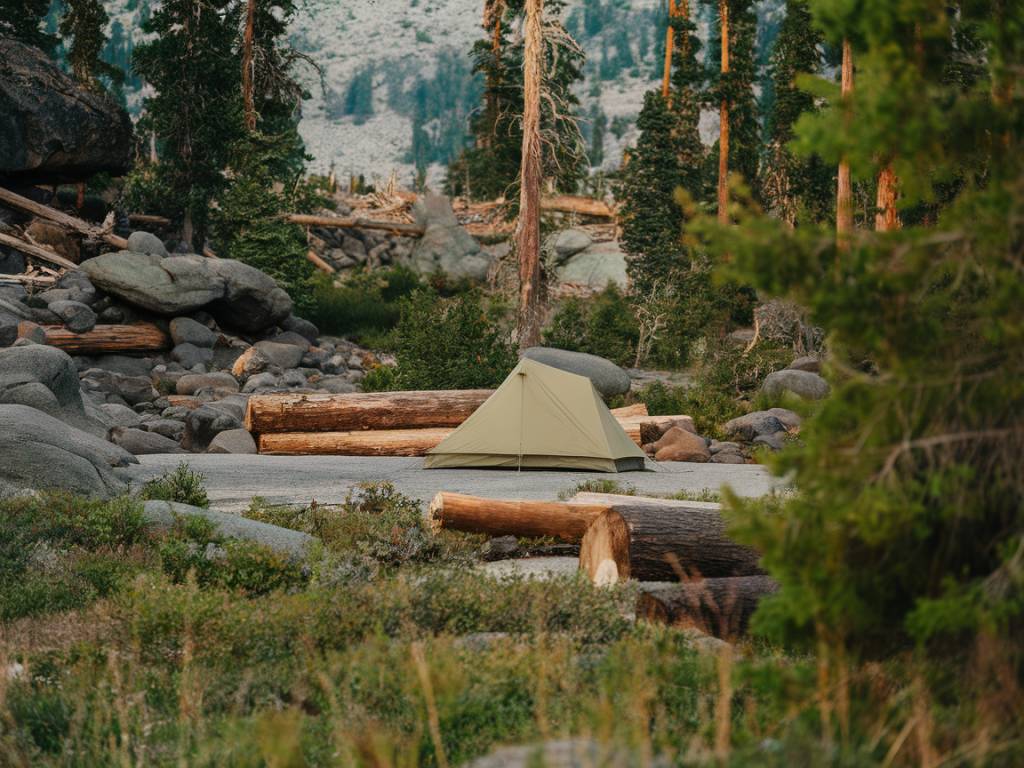
A beginner's guide to backcountry camping
Backcountry camping is an experience like no other, offering a pure and unfiltered connection with nature. It’s not merely a picnic or a day’s hike. Instead, it’s about immersing yourself in the wild, where the luxuries of modern life are left behind. If you’re a beginner, this guide will provide you with comprehensive insights to ensure your backcountry adventure is both safe and enjoyable.
Planning Your Trip
Effective planning is the cornerstone of a successful backcountry camping trip. It’s crucial to understand the terrain, weather conditions, and any potential hazards.
Research Your Destination: Before heading out, gather as much information as possible about the area you plan to explore. Look for trail maps, read reviews from other hikers, and check for any alerts or restrictions from park authorities. Understanding the layout and features of your destination will help you prepare better.
Weather Check: Always check the weather forecast for the duration of your trip. Backcountry weather can be unpredictable, and being informed will help you pack appropriately and avoid dangerous situations. Remember, conditions can vary dramatically, even within a single day.
Permits and Regulations: Many backcountry areas require permits. Make sure you understand the rules and regulations of the place you are visiting. This includes campsite reservations, fire regulations, and wildlife protection guidelines.
Gear and Essentials
Having the right gear can make a significant difference in your comfort and safety during a backcountry camping trip.
Tent and Shelter: Your tent is your home away from home. Choose one that is lightweight, easy to set up, and durable. If possible, test it out before your trip. Also, consider bringing a footprint to protect your tent’s underside.
Sleeping Bag and Pad: Invest in a good sleeping bag suitable for the temperatures you expect. A quality sleeping pad provides insulation from the cold ground and adds comfort, ensuring a better night’s sleep.
Backpack: Your backpack should fit comfortably and be large enough to hold all your gear without being overly bulky. Aim for a balanced weight distribution to reduce strain on your back and shoulders.
Clothing: Dress in layers to adapt to changing weather. Essential items include moisture-wicking base layers, insulating mid-layers, and a waterproof outer layer. Don’t forget a hat, gloves, and extra socks.
Navigation Tools: Carry a detailed map of the area, a compass, and/or a GPS device. It’s vital to know how to use these tools; a map or GPS device is useless if you can’t read it.
Food and Water
Proper nourishment is essential during backcountry camping. You need to plan meals that are lightweight, easy to prepare, and high in energy.
Meal Planning: Plan your meals in advance and consider calorie-rich, non-perishable items. Options include dehydrated meals, instant noodles, nuts, energy bars, and dried fruits. Bring a lightweight stove or portable campfire grill for cooking.
Water Purification: Safe drinking water is a priority. Carry a reliable water purification system, such as a filter, purification tablets, or a UV purifier. Always assume that natural water sources may be contaminated, and treat all water before consuming.
Safety and Survival
Safety in the backcountry involves more than just avoiding accidents; it includes preparation for unexpected situations.
First Aid Kit: A well-stocked first aid kit tailored to your needs is indispensable. Include bandages, antiseptics, pain relief medications, blister treatment supplies, and any personal medications. Know how to use each item correctly.
Emergency Communication: Although you might be in a remote area without cell service, carrying a satellite phone or an emergency beacon can be life-saving. Inform someone of your itinerary and expected return.
Fire Safety: If you plan to use a campfire for cooking or warmth, adhere to the local fire regulations. Ensure you have a quick way to extinguish the fire, such as a shovel and water, and never leave it unattended.
Wildlife Awareness: Learn about the wildlife in the area. Store food securely away from your tent, preferably in a bear canister or by hanging it from a tree. Avoid leaving food scraps around your campsite.
Leave No Trace Principles
Backcountry camping offers a pristine environment, and it’s our responsibility to keep it that way. Adhering to the Leave No Trace principles helps preserve these natural places for future generations.
Plan Ahead and Prepare: Understand the regulations and special concerns for the area you’ll visit. Prepare for extreme weather, hazards, and emergencies.
Travel and Camp on Durable Surfaces: Stick to established trails and campsites. Avoid areas where the impact is just beginning.
Dispose of Waste Properly: Pack out all trash and leftover food. When nature calls, use a dug hole at least 200 feet from water, trails, and campsites.
Leave What You Find: Preserve the past; examine, but do not touch historical structures and artifacts. Leave rocks, plants, and other natural objects as you find them.
Minimize Campfire Impact: Use a lightweight stove for cooking and enjoy a candle lantern for light. Where fires are permitted, use established fire rings, fire pans, or mound fires.
Respect Wildlife: Observe wildlife from a distance. Never feed animals and store food securely.
Comfort and Enjoyment
A successful backcountry trip is not just about survival; it’s about enjoyment and making the most of your time in nature.
Photography and Journaling: Bring a lightweight camera or use your phone to capture memories. Keeping a journal can also enhance your experience, allowing you to reflect on your surroundings and feelings.
Mindfulness and Relaxation: Take time to truly immerse yourself in the natural environment. Practice mindfulness by focusing on the sights, sounds, and smells around you. This can be a refreshing break from the hustle and bustle of daily life.
Exploration and Learning: Use this opportunity to learn about the local flora and fauna or practice wilderness skills such as map reading or knot tying. This not only enriches your experience but also builds your confidence for future trips.
Backcountry camping requires preparation and respect for the environment. With the right knowledge and tools, you can embark on an unforgettable adventure. Remember to plan meticulously, gear up appropriately, and always prioritize safety and environmental stewardship. Once you’ve mastered these fundamentals, you’ll find backcountry camping to be not only thrilling but also profoundly rewarding.

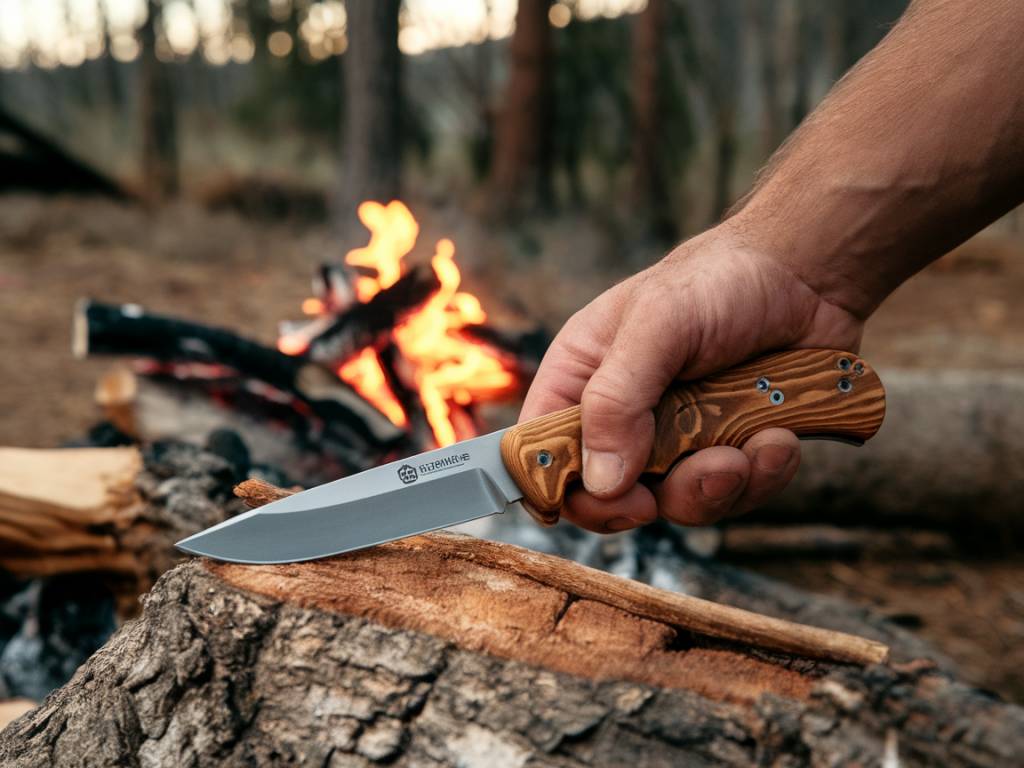 Best survival knives for outdoor adventures
Best survival knives for outdoor adventures 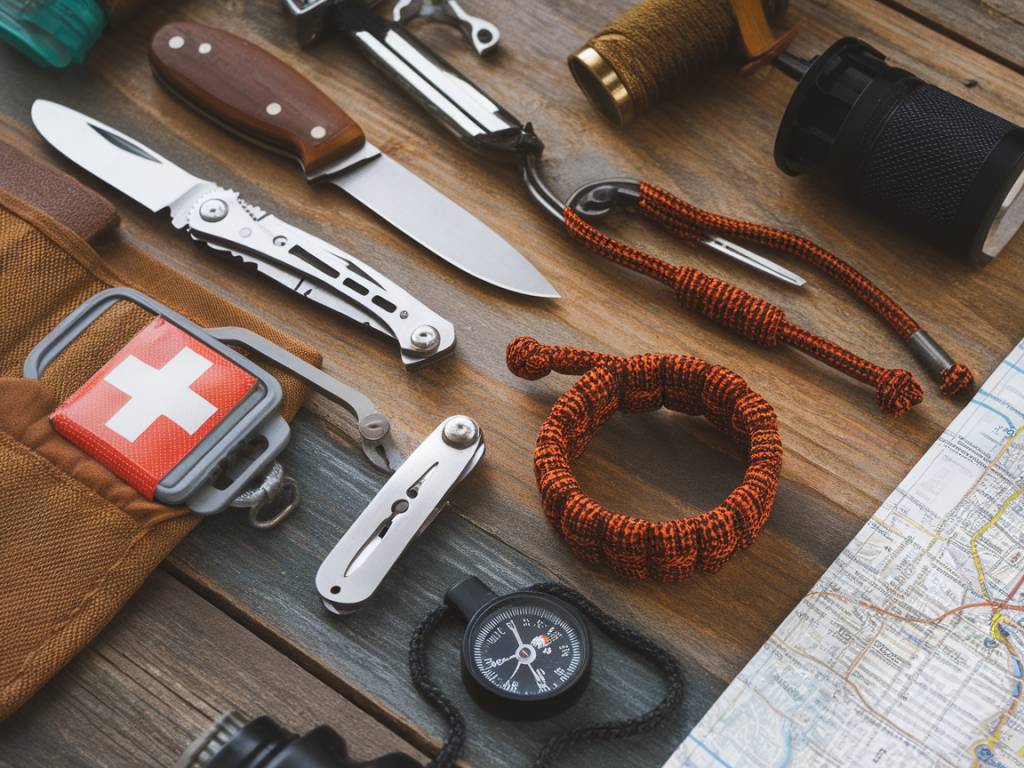 10 must-have survival tools for any adventure
10 must-have survival tools for any adventure  Wild foraging: identifying edible plants in the wilderness
Wild foraging: identifying edible plants in the wilderness 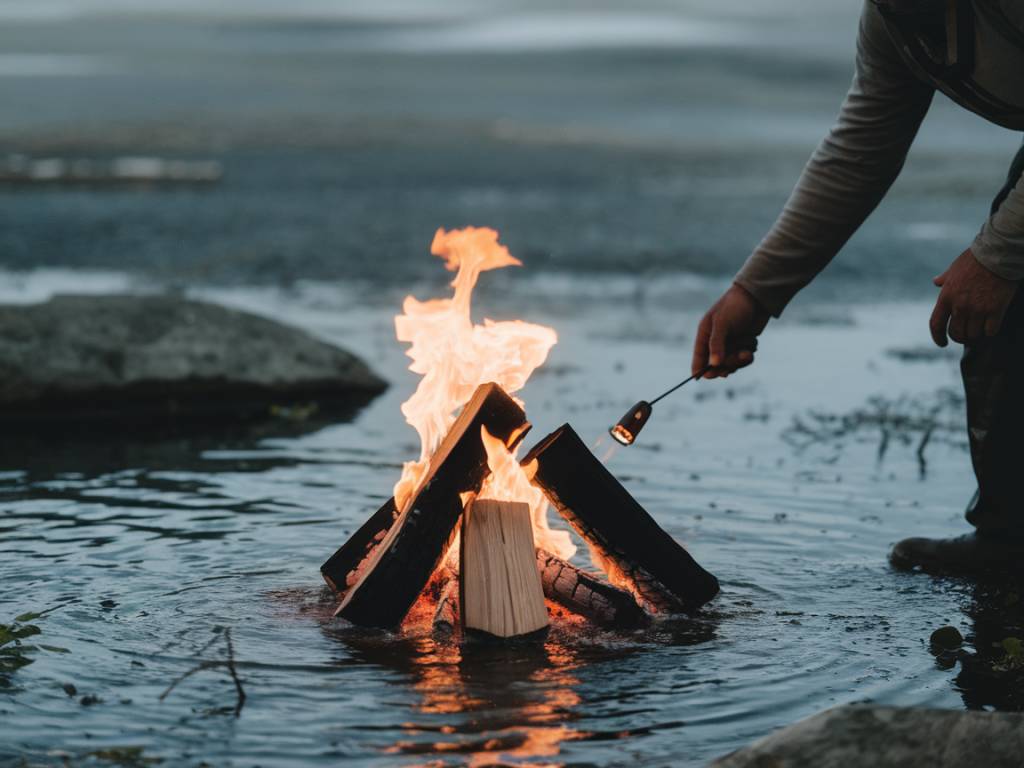 How to make a fire in any weather conditions
How to make a fire in any weather conditions 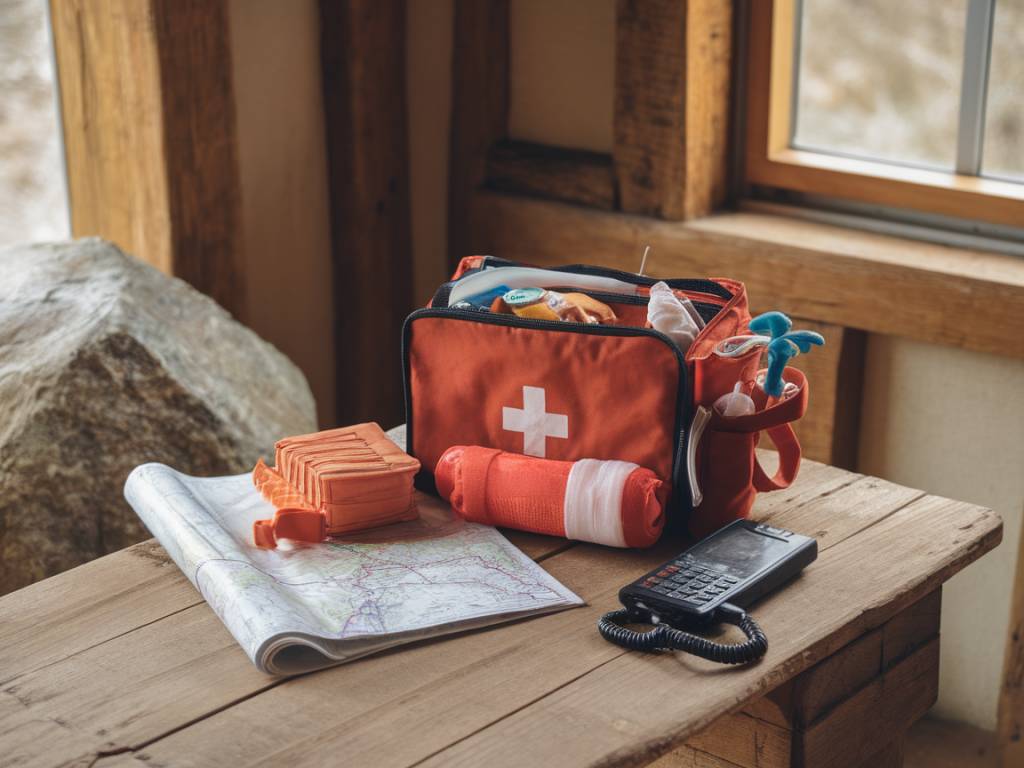 How to handle emergencies in remote locations
How to handle emergencies in remote locations 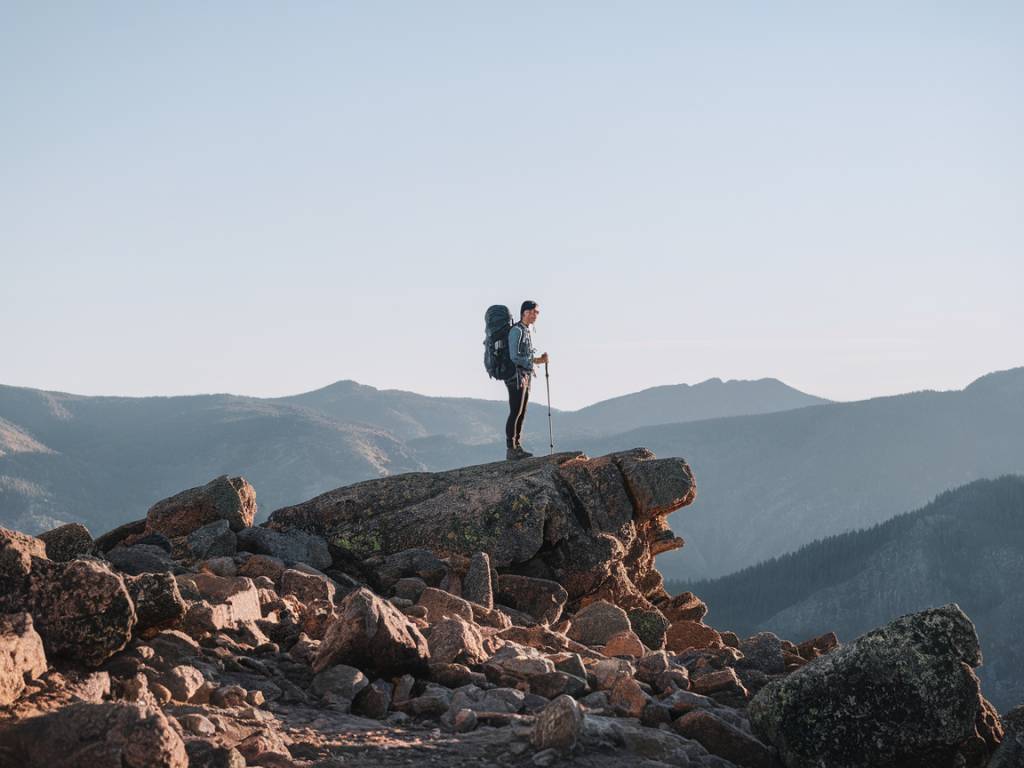 How to stay safe while solo hiking in remote areas
How to stay safe while solo hiking in remote areas 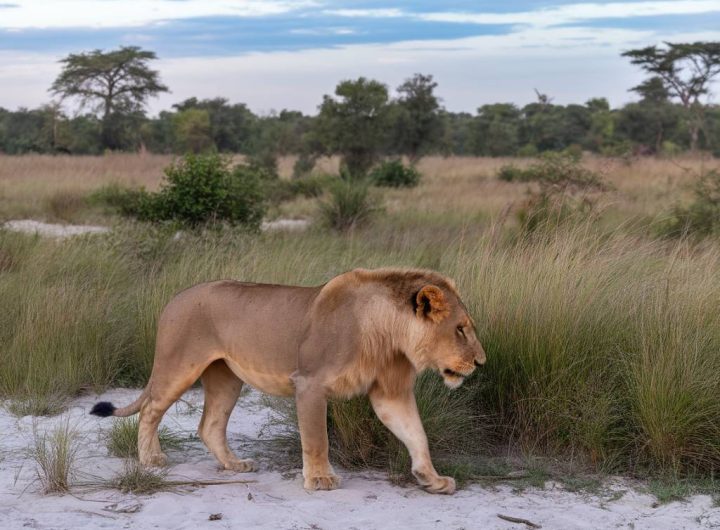 Best African safari destinations: top 5 experiences in Africa
Best African safari destinations: top 5 experiences in Africa 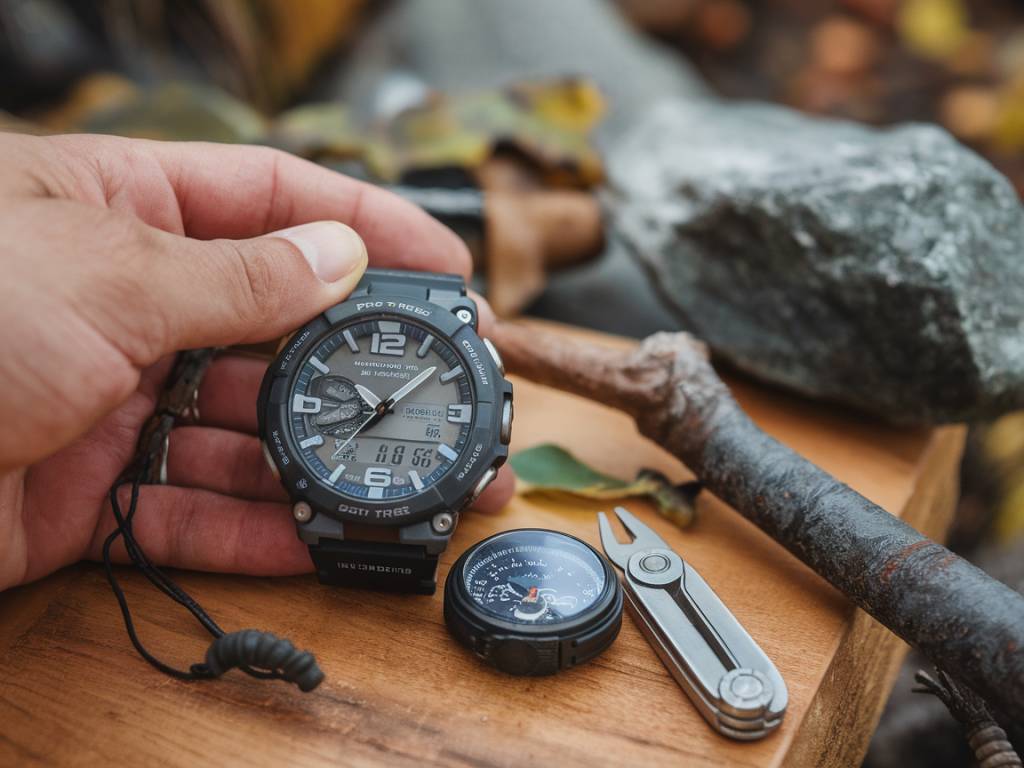 Top 5 adventure watches with gps and survival features
Top 5 adventure watches with gps and survival features 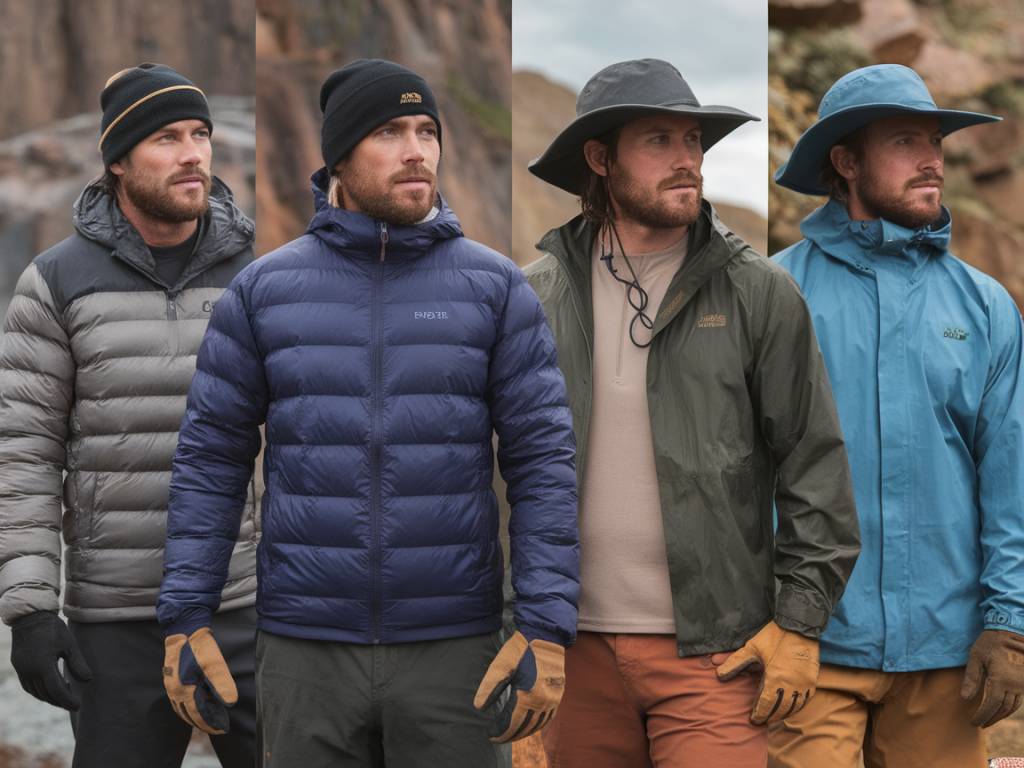 How to choose the right adventure clothing for every climate
How to choose the right adventure clothing for every climate